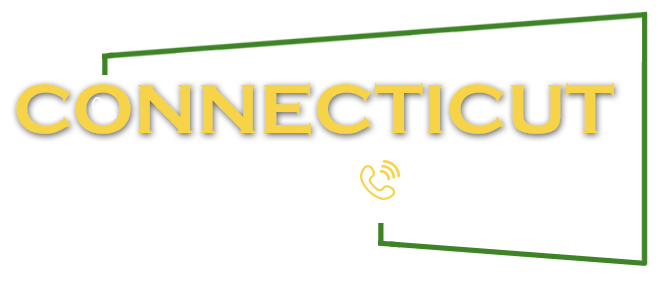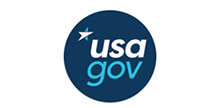National Addiction Recovery Resources
National Treatment Hotline Resources

National Addiction Recovery Resources

Samhsa Substance Abuse, And Mental Health Services Administration
SAMHSA’s National Helpline, a crucial resource in the United States, serves as a lifeline for individuals grappling with mental health and substance use disorders. Operated by the Substance Abuse and Mental Health Services Administration (SAMHSA), the helpline provides confidential and free assistance 24/7. Highly trained professionals offer support, guidance, and information on treatment options, local resources, and recovery support. By connecting individuals in need with appropriate services, SAMHSA’s National Helpline plays a pivotal role in promoting early intervention, reducing stigma, and facilitating access to vital mental health and substance abuse services across the nation. The helpline’s commitment to providing immediate and compassionate assistance underscores SAMHSA’s dedication to improving the well-being of individuals and communities nationwide.

DEA United States Drug Enforcement Administration Recovery Resources
The United States Drug Enforcement Administration (DEA) plays a crucial role not only in law enforcement but also in supporting individuals on the path to recovery from substance abuse. The DEA recognizes the importance of a comprehensive approach to address the complex challenges of addiction. In addition to its enforcement efforts, the DEA collaborates with various organizations and initiatives to provide recovery resources. These resources may include educational materials, outreach programs, and partnerships with treatment providers. By actively engaging in both law enforcement and recovery support, the DEA contributes to a holistic strategy aimed at curbing substance abuse and fostering healthier communities throughout the United States.
National Institute on Drug Abuse (NIDA)
The National Institute on Drug Abuse (NIDA) stands at the forefront of scientific research and leadership in the United States’ efforts to understand and combat drug abuse and addiction. As part of the National Institutes of Health, NIDA conducts groundbreaking research to unravel the complexities of substance use disorders, exploring the biological, behavioral, and social aspects of addiction. Through its commitment to advancing knowledge, NIDA informs evidence-based prevention, treatment, and recovery strategies. By disseminating critical information and fostering collaboration among scientists, healthcare professionals, and policymakers, NIDA plays a pivotal role in shaping effective approaches to address the public health challenges posed by drug abuse, contributing to the development of comprehensive and innovative solutions on a national scale.

National Assoc State Alcohol Drug Directors Federal Resources
National Assoc State Alcohol Drug Directors Federal Resources United States. As a non-profit organization, NASADAD collaborates with federal entities, including the Substance Abuse and Mental Health Services Administration (SAMHSA) and the National Institute on Drug Abuse (NIDA), to facilitate the effective allocation and utilization of resources for substance abuse prevention, treatment, and recovery efforts. Through advocacy, information-sharing, and strategic partnerships, NASADAD enhances the coordination of federal resources at the state level, ensuring that evidence-based practices and innovations are seamlessly integrated into state programs. By fostering this collaboration, NASADAD contributes to the development of a cohesive and responsive approach to addressing the complex challenges of alcohol and drug addiction across the nation.

USA Government Substance Abuse Help
USA.gov provides a comprehensive gateway to substance abuse resources in the United States, consolidating information from various federal agencies and organizations. Through its Substance Abuse and Mental Health Services section, USA.gov offers a wealth of resources, ranging from prevention and treatment information to recovery support services. Visitors can access valuable insights on substance abuse disorders, find treatment facilities, and explore government initiatives addressing this public health concern. By serving as a centralized hub for reliable and up-to-date information, USA.gov plays a crucial role in connecting individuals, families, and communities with the resources they need to navigate the challenges of substance abuse, ultimately contributing to a more informed and empowered population.

National Center Substance Abuse Child Welfare
National Center Substance Abuse Child Welfare NCSACW has operated since 2002. Joint funding comes from Children’s Bureau (CB), Administration for Children and Families (ACF); and the Substance Abuse and Mental Health Services Administration (SAMHSA), the Center for Substance Abuse Treatment (CSAT), and the Center for Substance Abuse Prevention (CSAP). NCSACW provides training and technical assistance (TTA) to help agencies and professionals develop or enhance policies, practices, and procedures that improve child and family outcomes and promote their social and emotional well-being.